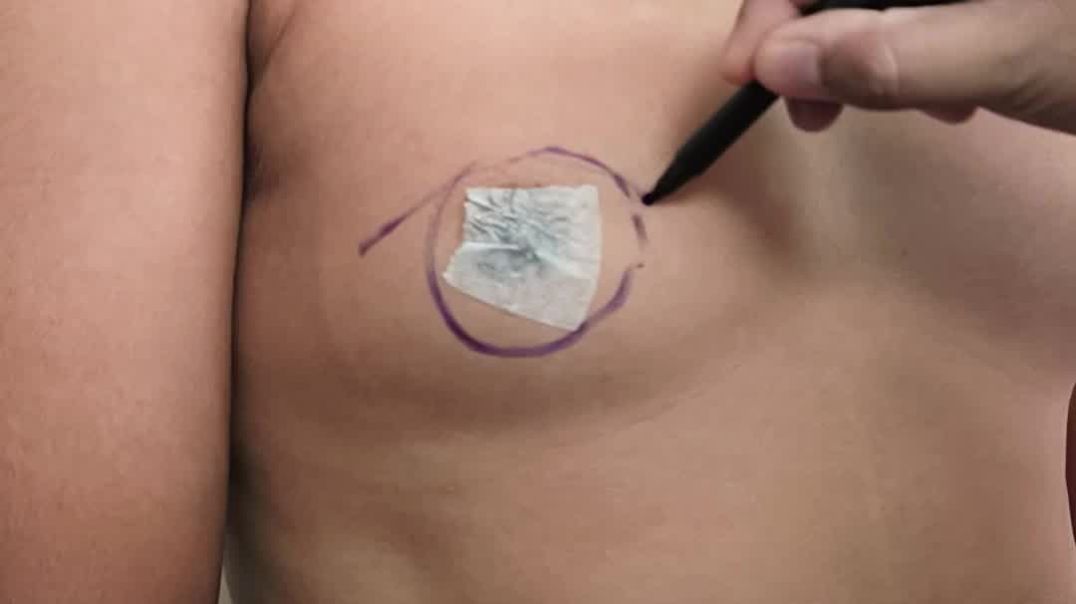- Physical Examination
- Surgical Examination
- Ophthalmology
- Clinical Skills
- Orthopedics
- Surgery Videos
- Laparoscopy
- Pediatrics
- Funny Videos
- Cardiothoracic Surgery
- Nursing Videos
- Plastic Surgery
- Otorhinolaryngology
- Histology and Histopathology
- Neurosurgery
- Dermatology
- Pediatric Surgery
- Urology
- Dentistry
- Oncology and Cancers
- Anatomy Videos
- Health and Fitness
- Radiology
- Anaesthesia
- Physical Therapy
- Pharmacology
- Interventional Radiology
- Cardiology
- Endocrinology
- Gynecology
- Emergency Medicine
- Psychiatry and Psychology
- Childbirth Videos
- General Medical Videos
- Nephrology
- Physiology
- Diet and Food Health
- Diabetes Mellitus
- Neurology
- Women Health
- Osteoporosis
- Gastroenterology
- Pulmonology
- Hematology
- Rheumatology
- Toxicology
- Nuclear Medicine
- Infectious Diseases
- Vascular Disease
- Reproductive Health
- Burns and Wound Healing
- Other
Arthroscopic Knee Surgery Meniscus Tear
There are many factors that will determine how quickly, or completely you recover from your meniscal tear surgery. Key elements include your age, weight, and activity demands. The older you are, the heavier you are, the longer your recovery will be. The type of surgery you had will also impact upon your recovery. In some cases we only remove the torn piece — in general you will progress faster than someone who had sutures placed to repair the meniscus tear. Whether or not arthritis was found at the time of your meniscus surgery will also significantly influence your recovery from meniscus surgery. If you have arthritis then you are missing some or all of the cartilage on the ends of the bones. Knees with arthritis are prone to being more “cranky” during the recovery process. In those cases, a knee ice compression device can provide relief of pain/swelling. Many patients note they feel better wearing a compression sleeve during recovery. People with arthritis sometimes report improvement in their symptoms with supplements like Glucosamine, Curcumin, or Hyaluronic Acid which they believe (not proven) will smooth out the surface of the joint. Many try Tart Cherry juice because of its natural anti-inflammatory properties.. In the first few months following surgery, a knee compression sleeve does actually help many feel better. Some of the variables affecting your recovery from meniscus surgery are under your surgeon’s control. We can improve your immediate response after surgery with the use of various medications we inject within the knee before the surgery. We can also block a nerve on the side of your leg which will improve your pain for 18-24 hours after surgery. Many of you will purchase a ice compression sleeve to help minimize the pain after the surgery. In general, young, healthy active people with no evidence of osteoarthritis will experience a much more rapid recovery. Typically measured in days or a few weeks. Most people are off crutches in a day, and stop taking pain medicine within a day or two. In contrast, if you are a older, heavier and have arthritis as well as a meniscus tear, then you may take longer to recover — and may not experience a “full” recovery. This group can take weeks to months to improve. To ensure a good response to surgery, we also need to look at your health before surgery. Smoking leads to an increased infection rate and poorer healing. Diabetics with poor sugar control are at higher risk for infection and delays in healing as well. Obesity is a potential problem with anesthesia, the recovery from surgery and it may lead to more rapid progression of arthritis after surgery. The better shape you are in prior to surgery can influence your recovery.




















